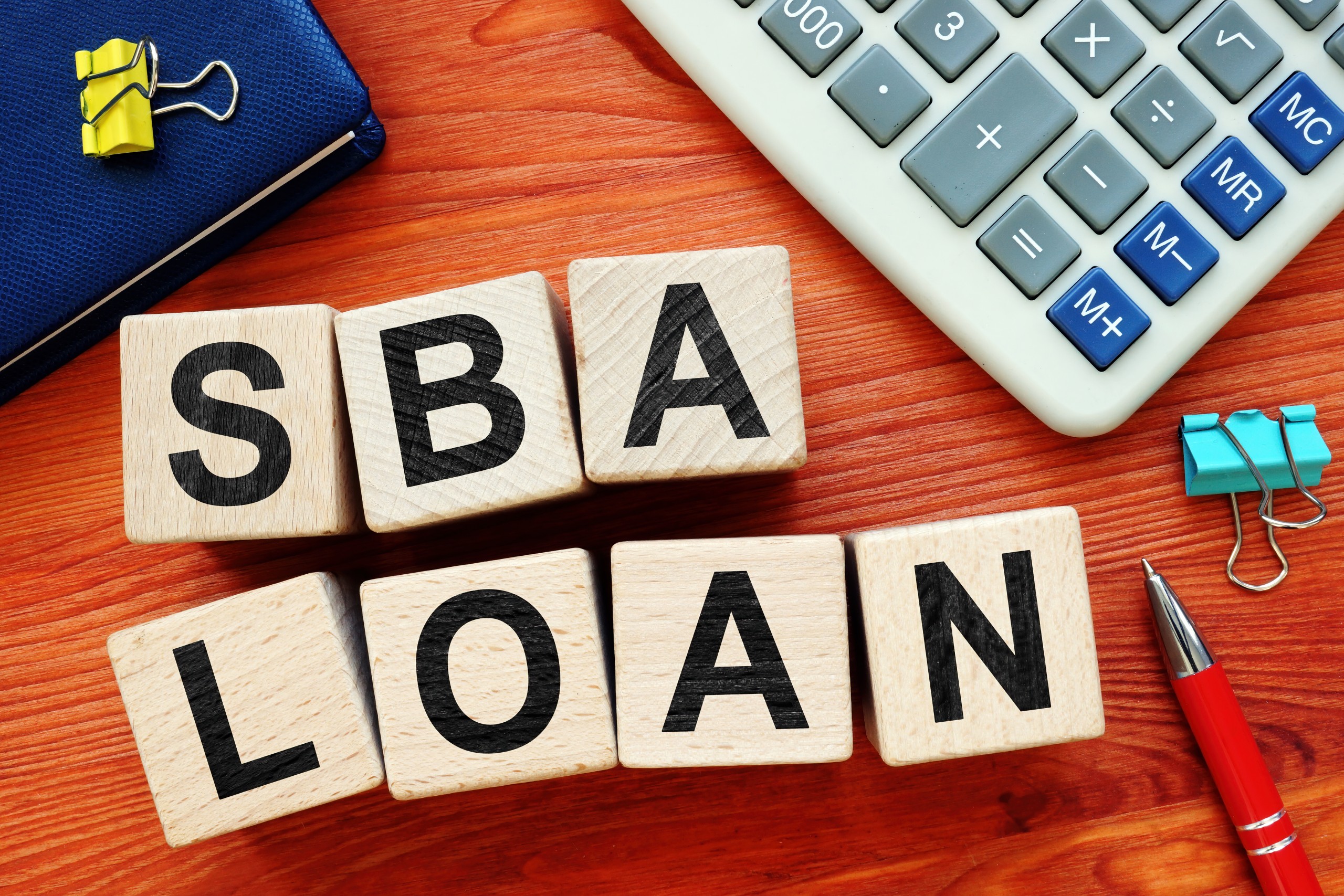Starting any business, franchise or otherwise, can be expensive. Luckily, the Small Business Administration (SBA) provides loan options to help entrepreneurs run their businesses. If you’re looking to open a franchise business, you may wonder if SBA loans are a viable funding option. The short answer is yes – 7(a) and 504/CDC loans can finance a franchise business.
Can You Get an SBA Loan for a Franchise?
Yes, you can get an SBA Loan for Franchise. In that case, you can spend money to buy real estate and cover all initial costs. The maximum amount you can get for a franchise business is 5 million dollars.

You can use an SBA loan for franchise costs such as:
- Franchise Fee: This is the upfront fee you will pay the franchisor to use their brand name, products, and services.
- Legal Fees: You may need an attorney to help you review and negotiate the franchise agreement, register your business, and apply for necessary licenses and permits.
- Site Selection and Leasehold Improvements: Depending on the franchise, you may need to find a suitable location and make leasehold improvements, such as renovating the space, installing equipment, and buying furniture.
- Inventory and Supplies: You must purchase supplies to operate your business. Depending on the franchise, this may include food, merchandise, or raw materials.
- Equipment and Fixtures: You may need to purchase equipment and fixtures to set up your business, such as cash registers, kitchen appliances, and shelving.
- Marketing and Advertising: You must allocate funds to promote your business, such as advertising in local media, creating marketing materials, and hosting events.
- Initial Training: Most franchisors provide initial training to help you learn how to operate the business. You may need to pay for travel, lodging, and other expenses associated with attending training.
- Ongoing Royalties and Fees: In addition to the initial franchise fee, you may need to pay ongoing royalties and fees to the franchisor. These fees may be based on a percentage of your sales or a fixed amount.
- Working Capital: It’s essential to have sufficient working capital to cover your operating expenses until your business becomes profitable. This may include salaries, rent, utilities, and other costs.
- Insurance: You may need insurance to protect your business from liability, property damage, and other risks.
- Taxes: You must pay various taxes, such as income tax, sales tax, and payroll tax, depending on your business structure and location.
The 7(a) loan program is the most popular of the SBA loan programs. It is geared towards small businesses that need capital for day-to-day operations or other expenses like renovation or marketing campaigns. This type of loan may be appropriate if you need funds to cover start-up costs such as franchise fees, inventory purchases, space rental, etc. It typically has lower interest rates than other types of financing and may offer more favorable terms than traditional lenders.
The 504/CDC loan program is another option available through the SBA that can help entrepreneurs secure long-term capital for significant investments like real estate or equipment purchases. This type of loan could be helpful if you want to purchase assets from an existing franchisee or purchase commercial real estate outright to establish your location. This type of loan often extends repayment terms over 10–20 years with competitive fixed interest rates.
Please read our article about SBA Loan Status Disbursed Current. Additionally, learn more about Bankruptcy Clear SBA Loans!
No matter which type of SBA loan you choose, it’s essential to understand the application process and all associated requirements before submitting your application. Generally speaking, you must provide detailed information about your business plan, including financial statements, credit history reports, and past tax returns, to qualify for financing. Additionally, many franchisors require potential franchisees to meet specific criteria to ensure they have enough experience and knowledge to operate a successful location.
Overall, while several factors come into play when applying for an SBA loan for a franchise business – such as having a good credit score and demonstrating adequate management experience – securing funding through these government-backed programs is possible. Doing so could give you access to critical resources needed for startup success, such as low-interest rates and long-term repayment plans that would otherwise be difficult or impossible to obtain from traditional lenders alone.
